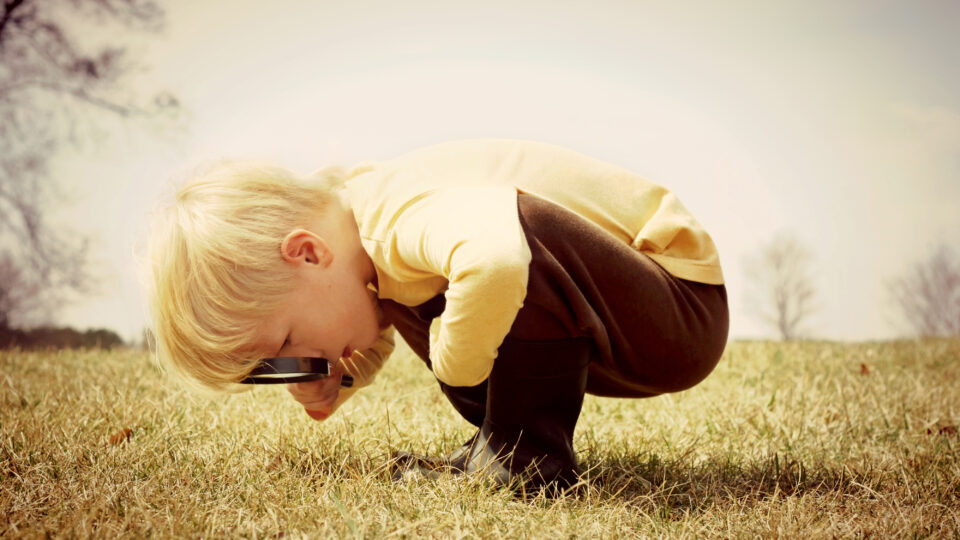
14 Dec2018

share



To view the original article click here
Everyone possesses curiosity to some degree. People differ according to the strength and breadth of their curiosity and their willingness to act on it. (How motivated are you by your curiosity? Are you curious in one domain or across many domains?)
Benefits of Curiosity
Curiosity benefits our social and romantic lives. Curious people are often considered good listeners and conversationalists. In the early stages of a relationship, we tend to talk about our interests or hobbies. One reason for this is that people tend to equate “having many interests” with “interesting,” and for good reason. Curious people tend to bring fun and novelty into relationships.
Curiosity is associated with intelligence and problem-solving ability. Although researchers have not identified the precise pathway by which curiosity leads to cognitive growth, a likely explanation concerns the rich environment curious people create for themselves as they seek new experiences and explore new ideas. Put simply, curious brains are active brains, and active brains become smart brains.
Curiosity is associated with high performance in both academic and work settings. There is evidence to suggest an upward spiraling relationship between curiosity and knowledge. The more we learn, the more we want to learn, and so on.
The Downside to Curiosity: When Curiosity Kills the Cat
Curiosity in the absence of good judgment can lead to trouble. Do you recall Jessica Fletcher, the author/amateur sleuth from the television series Murder She Wrote? Without fail, toward the end of every episode, Jessica Fletcher’s curiosity led her to confront a dangerous criminal in a remote area. Unfortunately for us, the police don’t always rush in at the last minute in real life!
When curiosity clashes with social norms, further trouble can ensue. Anyone with a small child needs no further elaboration on this point. Curiosity can motivate the youngster to ask questions such as, “Why don’t you have any children?” or “Is that man’s belly big because he’s pregnant?”
Building Curiosity
All things considered, the benefits of curiosity far outweigh the possible risks. Cultivating this strength can lead to both personal and professional rewards. So how might we go about developing this strength? One idea comes from the work by Mihalyi Csikszentmihalyi, one of the founders of the field of positive psychology and a pioneering researcher in the area of flow.
According to Cskikszentmihalyi, there is a direct relationship between our attentional resources and our interest in the world: Nothing is interesting to us unless we focus our attention on it. Rocks are not interesting until we begin collecting them, people in the mall are not interesting until we become curious about their lives and where they are going, and vacuum cleaners are not interesting until we need to buy a new one. According to Csikszentmihalyi, we can develop our curiosity (and fight boredom) by making a conscious effort to direct our attention to something in particular in our environment.